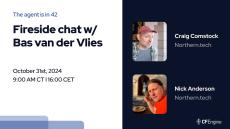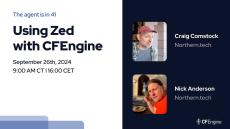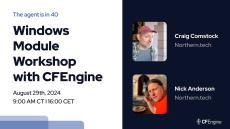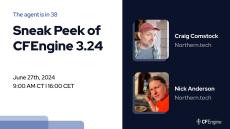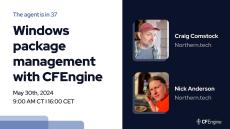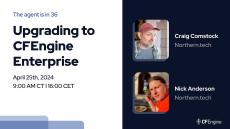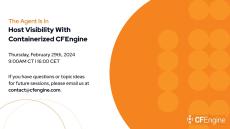- November 2024 (3)
- October 2024 (7)
- September 2024 (6)
- August 2024 (6)
- July 2024 (7)
- June 2024 (6)
- May 2024 (8)
- April 2024 (6)
- March 2024 (4)
- February 2024 (1)
- January 2024 (1)
- December 2023 (3)
- November 2023 (1)
- October 2023 (2)
- September 2023 (1)
- August 2023 (1)
- July 2023 (3)
- June 2023 (3)
- May 2023 (1)
- April 2023 (2)
- March 2023 (2)
- February 2023 (3)
- January 2023 (2)
- December 2022 (10)
- November 2022 (3)
- October 2022 (4)
- September 2022 (1)
- August 2022 (2)
- July 2022 (6)
- June 2022 (4)
- May 2022 (2)
- April 2022 (6)
- March 2022 (6)
- February 2022 (4)
- January 2022 (3)
- December 2021 (8)
- November 2021 (5)
- October 2021 (7)
- August 2021 (5)
- June 2021 (5)
- May 2021 (1)
- April 2021 (1)
- March 2021 (3)
- February 2021 (4)
- January 2021 (3)
- December 2020 (3)
- November 2020 (6)
- August 2020 (2)
- July 2020 (1)
- June 2020 (3)
- May 2020 (2)
- April 2020 (1)
- March 2020 (2)
- February 2020 (2)
- December 2019 (2)
- October 2019 (1)
- September 2019 (3)
- August 2019 (1)
- July 2019 (1)
- June 2019 (1)
- May 2019 (3)
- April 2019 (4)
- February 2019 (2)
- January 2019 (2)
- December 2018 (1)
- November 2018 (4)
- September 2018 (1)
- August 2018 (1)
- June 2018 (1)
- May 2018 (1)
- September 2017 (1)
- August 2017 (1)
- June 2017 (1)
- February 2015 (1)
- October 2014 (1)
- August 2014 (2)
- July 2014 (2)
- June 2014 (1)
- March 2014 (3)
CFEngine®, Inc., a pioneer in IT Automation at Web-scale, enables organizations to become more agile and thrive in the Cloud Era by radically simplifying, automating and transforming the way they build, deliver and consume IT infrastructure and applications.
With CFEngine, some of the largest IT organizations provision resources and deploy new applications orders of magnitude faster, while ensuring continuous availability, security and compliance in large-scale, very dynamic and highly complex environments.
Automate large-scale, complex and mission critical IT infrastructure.
- Speed: Written in C. The leanest and fastest solution in the industry with execution time less than 1 second.
- Security: The open source configuration solution with the best security record.
- Stability: The most mature solution in the industry, conducting hundreds of billions of compliance checks in large-scale production environments.
- Scalability: Deploy a model-based configuration change across 50,000 servers in 5 minutes.
CFEngine has users in more than 100 countries, including many of the world’s largest financial organizations such as JPMC, as well as companies like LinkedIn, Chevron, DirecTV, Locaweb, and Deutsche Telekom.



